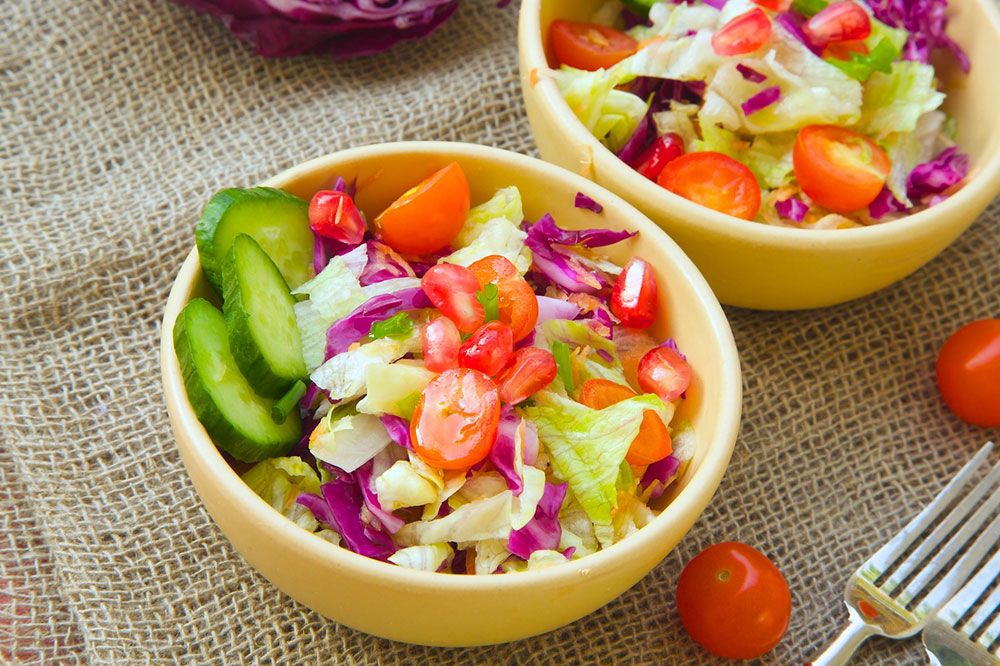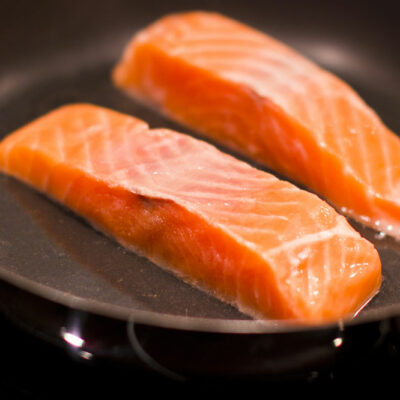
Foods to Eat and Avoid to Ease IBS Symptoms
Irritable Bowel Syndrome, also commonly known as IBS, is a condition that affects individuals across the globe. This condition affects the digestive tract and causes symptoms such as stomach cramps, diarrhea, vomiting, and even constipation. Irritable Bowel Syndrome is a lifelong disorder and it can wreak havoc if left untreated. In such cases, individuals usually have to make changes to their lifestyle and even their diet.
This article will focus on various dietary tips that help soothe irritable bowel syndrome.
1. Consume a good quantity of fiber foods
When it comes to making lifestyle and dietary changes for IBS, individuals need to pay attention to the amounts of fibers in their diet. Fibers add to the bulk of your stools, which makes it easy to move through the digestive tract and smooth excretion. On average, individuals should consume around 20 to 35 grams of fiber daily. Foods that are high in fiber include fruits and vegetables. Fiber does help with IBS but not all types. Research has shown that soluble fibers are more effective to combat IBS. If your body cannot handle insoluble fiber, you need to decrease the number of insoluble fibers that you are consuming. Instead, you can opt for soluble fibers that can be found in products such as apples, carrots, and even oatmeal.
2. Avoid gluten
Another common trigger of IBS is gluten. It can be found in a variety of food items. Gluten is a protein found in wheat, barley, and even rye. How to tackle this? The only way to avoid triggering IBS due to gluten is to avoid the consumption of gluten. This includes avoiding foods such as cereals, grains, pasta, and more.
3. Try the low FODMAP diet
When it comes to dietary tips to avoid and reduce the signs and symptoms of IBS, doctors will usually suggest a LOW FODMAP diet. This is a special diet that focuses on reducing the consumption of FODMAP foods. FODMAP stands for fermentable oligosaccharides, disaccharides, monosaccharides, and polyols.
FODMAP foods contain high levels of carbohydrates that do not break down easily in the body. These carbs pull in more water, which leads to bloating, gas, and even diarrhea. It can worsen the symptoms of IBS in individuals, which is why a low FODMAP diet should be adopted. Foods that are part of the low FODMAP diet are milk, cheese, yogurt, legumes, fruits such as watermelon, apples, plums, sweeteners, and even wheat-based foods like bread and cereals.
4. Stay away from fats
High-fat foods are also common triggers when it comes to IBS. Individuals who suffer from IBS need to steer clear of fats in their diet as they can lead to IBS related constipation. Research has shown that individuals who suffer from IBS can have a bad reaction when it comes to chronic consumption of high-fat foods. To tackle this, individuals need to try a healthy low-fat diet that can not only help reduce IBS symptoms but also lead a healthy lifestyle, improving heart health.


